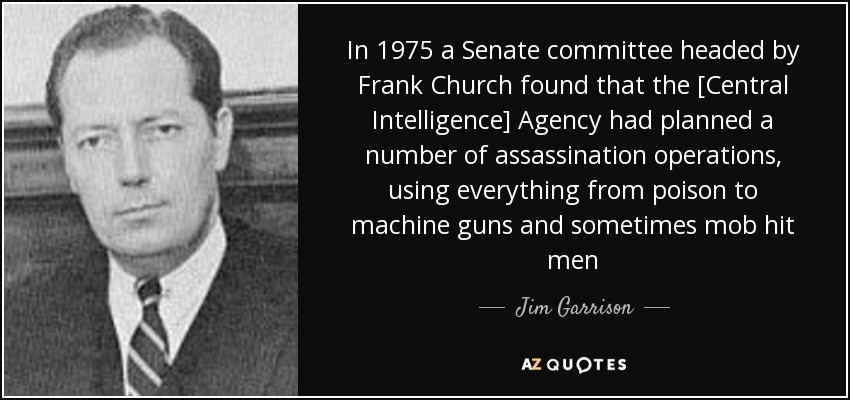The Investigation That Should Have Ended America's Shadow Government
How 16 Senators Accidentally Saved Democracy (Then Watched It Die)
In the winter of 1975, something extraordinary happened in Washington—something so rare it feels almost mythical today. A bipartisan Senate committee, led by Idaho Democrat Frank Church, began systematically exposing decades of illegal activities by America's intelligence agencies. What they uncovered was a shadow government operating with impunity: assassination plots against foreign leaders, domestic surveillance programs targeting American citizens, illegal medical experiments, and covert operations that violated both U.S. law and international treaties.
The Church Committee didn't just issue a stern report and move on. It demanded accountability. It secured real reforms. For a brief moment, transparency pierced the veil of national security secrecy that had shrouded government operations since World War II.
Nearly fifty years later, as Americans grapple with questions about elite corruption, institutional capture, and the weaponization of intelligence agencies, the Church Committee …
Keep reading with a 7-day free trial
Subscribe to 🐺The Wise Wolf to keep reading this post and get 7 days of free access to the full post archives.



